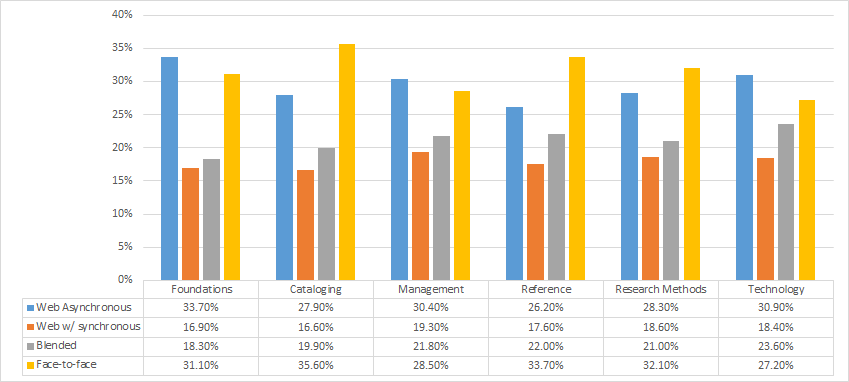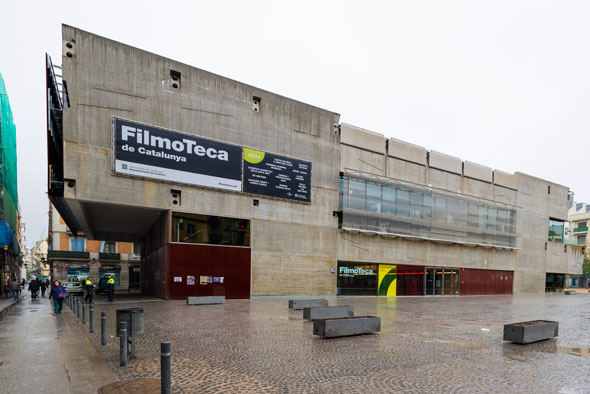Preferences for course delivery in library and information science programs: a study of master’s students in Canada and the United States
Objectives: This paper reports on Master of Library and Information Science (MLIS) students’ preferences for course delivery (online, blended or face-to-face) and how their preferences differ based on demographic variables. This research is part of a bi-national study that investigated the motivations and experiences that MLIS students had with online education, while completing their graduate degree in an American Library Association (ALA)-accredited institution.
Methodology: The study used an online survey to gather data from Master’s degree students enrolled in LIS programs accredited by ALA, a professional association which accredits programs in the US, Puerto Rico, and Canada. The online questionnaire was administered with the assistance of the administration and their student associations of LIS programs. Thirty-six programs from Canada and the US were represented by the 1,038 students who responded to the online survey. Respondents who had taken and completed at least one online course constituted the sample (n=910) that was used for analysis and the reporting of the results.
— Results: The findings show that there were five statistically significant indicators associated with preferred instructional delivery for MLIS core courses: age (generational cohort), employment status, metro status, commute distance, and program modality. The results show that younger students who had part-time employment, resided in urban areas, and lived closer to the campus showed greater preference for a course delivery mode that required some form of in-person instruction (face-to-face or blended) than their older peers who had full-time employment, resided in rural areas, and lived farther from campus.


